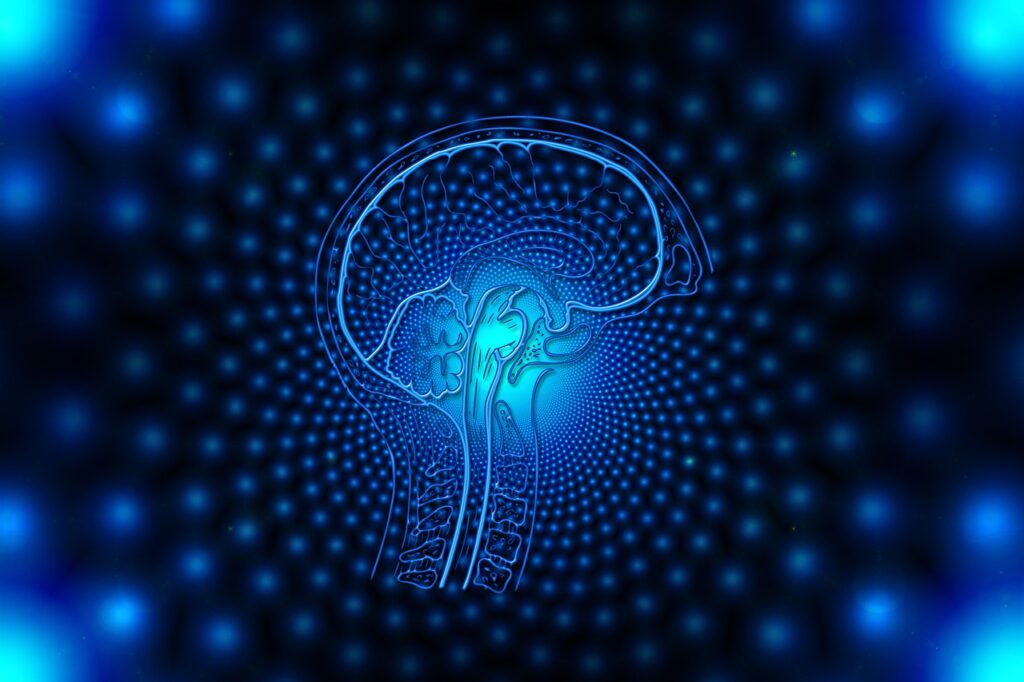Published On: 28th January, 2024
FACTS
The present Prime Minister of India of the time who is also the second respondent in the present case, Shri H.D. Deve Gowda was not a member of either House of Parliament and therefore by the provisions of the Constitution of India, making him ineligible to be appointed as the Prime Minister of India. The case of the petitioner was that the third respondent, the President of India at the time, Dr. Shankar Dayal Sharma had committed grave and serious constitutional error in swearing him into the post of Prime Minister of India. Consequently, the petitioner held that the third respondent had violated Articles 14, 21, and 75 of the Constitution of India. The petitioner has brought up the main question of eligibility of a non-member of Parliament as Prime Minister and has sought quashing of issuance of an order by the third respondent by way of Article 32 of the Constitution. The appointment of Shri H.D. Deve Gowda was also challenged by the High Courts of Delhi and Calcutta, the decisions of which are referred to by this Court.
ISSUE RAISED
Whether the President appoint a person who is not a member of either House of the Parliament as the Prime Minister?
LAW
Articles 163 and 164 of the Constitution were read with Articles 74 and 75.
A non-member of either House of the Parliament or the State Legislature can be validly appointed as Prime Minister or Chief Minister in the Central or the State Cabinet for a period of six months provided that he is re-elected to either House of Parliament or State Legislature with this time period, failing which he would cease to be Prime Minister or Chief Minister.
Contention of Petitioner
The Prime Minister of India is elected by the confidence of the people of the country and if he is allowed in the office of PM as the elected representative in whom the public has not placed confidence then it will be a serious risk that cannot be afforded by a country in situations of war and turmoil.
The President of India has made a grave constitutional error by appointing a Prime Minister who was not a member of either House of Parliament and has consequently violated Articles 14, 21, and 75 of the Constitution of India.
OBSERVATIONS
The English Convention states that the Prime Minister has to be a member of either the House of Commons or the House of Lords, preferably the House of Commons[1]. But in the Indian regime, this law is not applicable by virtue of Article 74 and Article 163 which allows non-members of either House of Parliament to be appointed as Chief Minister or Prime Minister for a period of six months.
It is argued by the petitioner that Article 75(5) does not permit the non-member of either House of Parliament to be the Prime Minister but only permits him to be appointed as a Minister for six months. This is because the position of a Minister is distinct from that of a Prime Minister and only an elected representative of the people can be eligible to hold the esteemed office of the Prime Minister of India. The Court found two shortcomings in this argument of the petitioner. Firstly, the position of the Prime Minister of India can only be occupied if he enjoys the confidence of the majority of the elected representatives of the House of the People i.e., Lok Sabha. Secondly, the Constitution of India is supreme, meaning thereby that if there is such a provision regarding the appointment of Prime Minister then such a controversy should not arise and the provision has to be followed strictly as law.
The absence of a distinction between the Prime Minister and Ministers can also be seen by way of advisory power entrusted to the Prime Minister under Article 75(1) which envisages a Council of Ministers with the Prime Minister at the head to aid and advise the President, and the latter is expected to act in accordance with such advise but for any reservations. Thus, the Council of Ministers as a body and not any single entity is made collectively responsible to the Lok Sabha. The President appoints the Prime Minister who in turn chooses the Council of Ministers. The President will appoint the Prime Minister only when he considers the person to have the skills to command the confidence of the Lok Sabha. Moreover, the form of oath prescribed under Article 75(4) is the same for Ministers and Prime Minister. There is no separate provision dealing with the appointment of the Prime Minister. No doubt the Prime Minster enjoys a special status as the head of the Council of Ministers but the responsibility of the Council of Ministers is collective nonetheless. The principle of collective responsibility governs the democratic process therefore, the Prime Minister, even if he is not a member of either House of Parliament is answerable to the Lok Sabha. The Honorable Chief Justice iterated that conventions are a result of longstanding practices and agreements in areas of law which are silent and therefore such a convention would not be a breach of law but would fill in the gaps. The English convention that the petitioner is relying upon is not a recognized practice in our country rendering it inapplicable in the present case.
PREVIOUS DECISIONS
In Har Sharan Verma v. T.N. Singh, the appointment of Shri T.N. Singh as the Chief Minister of Uttar Pradesh was challenged on the grounds that he was not a member of either House of the State Legislature. Article 164 was relied on especially clause 4 of Article 164 where the Court held that the clause had an ancient lineage and that there was no reason to whittle down the plain thrust of the said provision by confining it to cases where a person is the member of State Legislature and a Minister loses his seat in the State.[2]
The same petitioner again raised the same issue in a similar case of Har Sharan Verma vs. State of U.P contending that the decision taken in Sharan Verma v. T.N. Singh was a bad law. The Court here held that a person who is not a member of either House of State Legislature could be appointed as the Minister or the Chief Minister for a period not exceeding six consecutive months.[3]
The petitioner yet again challenged on similar grounds in the case of Har Sharan Verma v. Union of India where the Court on the combined reading Article 75(5) and Article 88 held that a person not being a member of either House of Parliament can be appointed a Minister up to a period of six months.[4]
CONCLUSION
The Court held that it was difficult to conclude that a non-member of either House of the Parliament could not be elected as a Prime Minister and that the petitioner was wrong in urging that it would lead to grave constitutional error and endanger national interest. The Indian Constitution allows a non-member to be appointed as Prime Minister or Chief Minister of either House of the Parliament or State Legislature for a term of six months, as opposed to the ideals of the English custom. These reasons led the Court to dismiss the petition.
Reference(s):
[1] Halsbury’s Laws of England, (3rd Edn.), p. 347 para 745
[2] 1 (1971) 1 SCC 616, Har Sharan Verma v. Tribhuvan Narain Singh, Chief Minister, UP
[3] (1985) 2 SCC 48, Har Sharam Verma v. State of U.P.
[4] 1987 Supp SCC 310 Harsharan Verma v. Union of India




